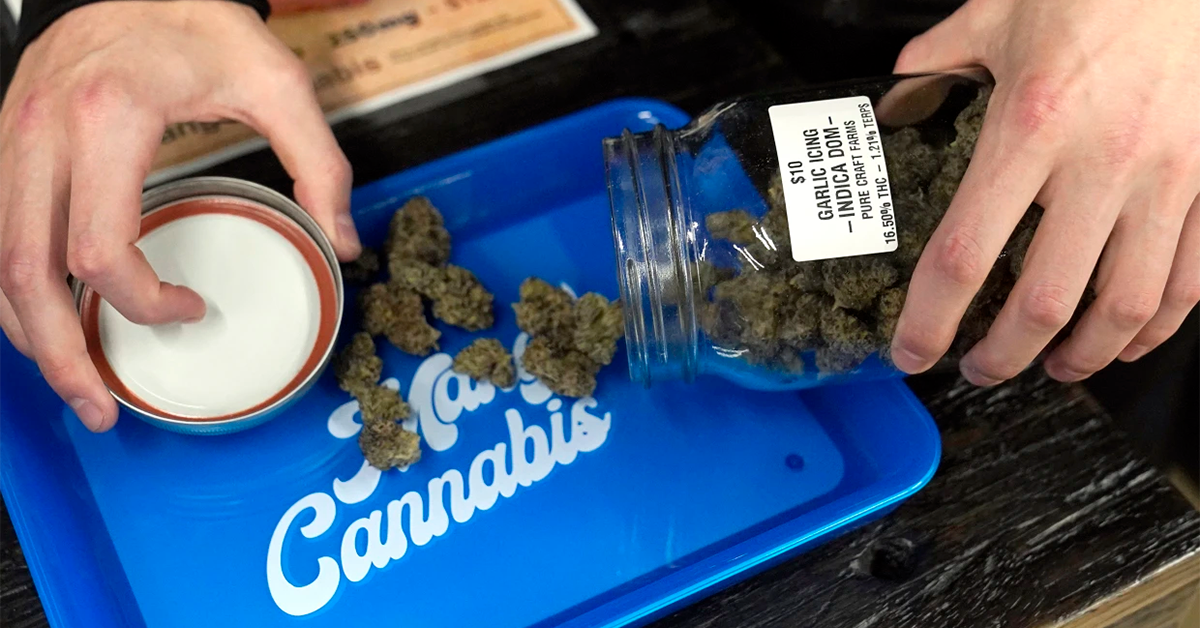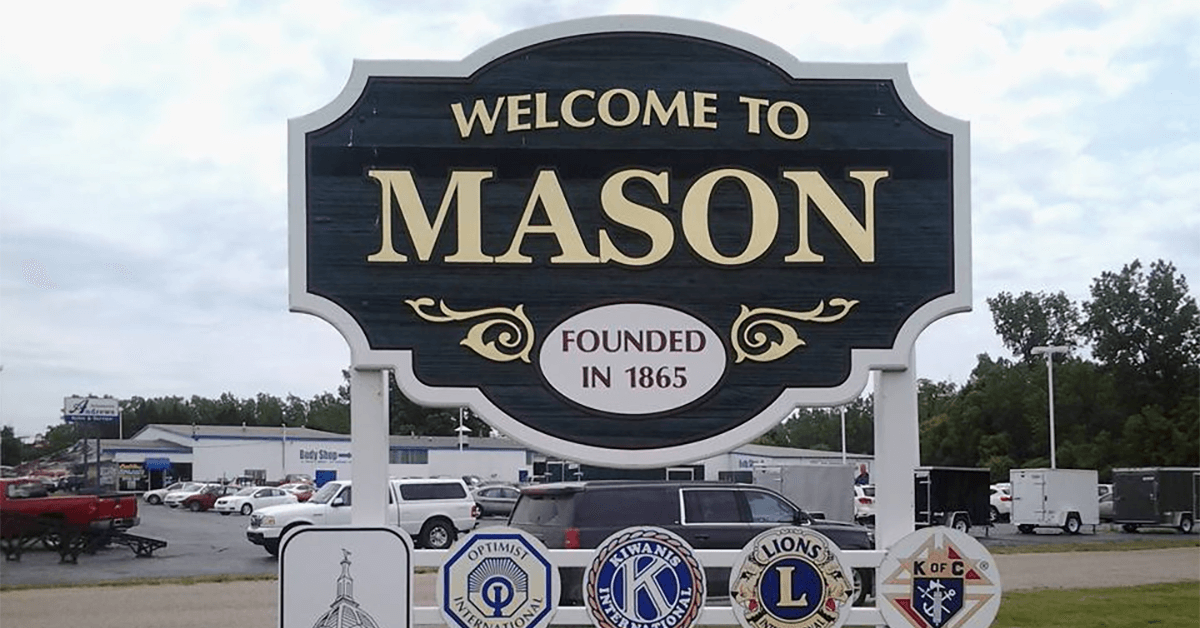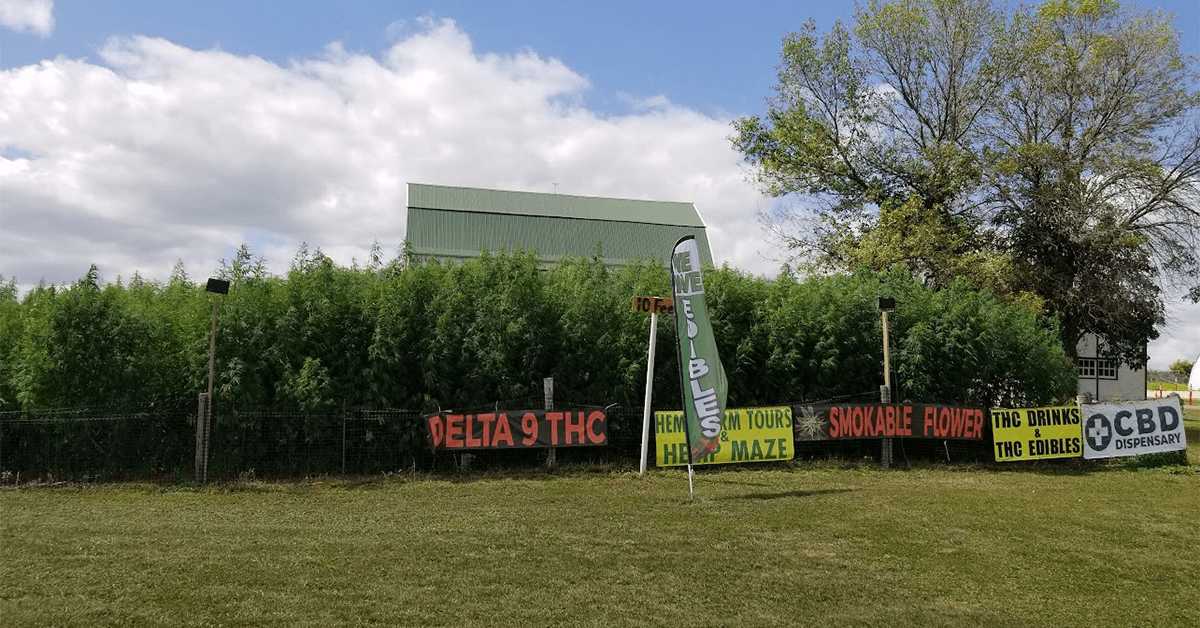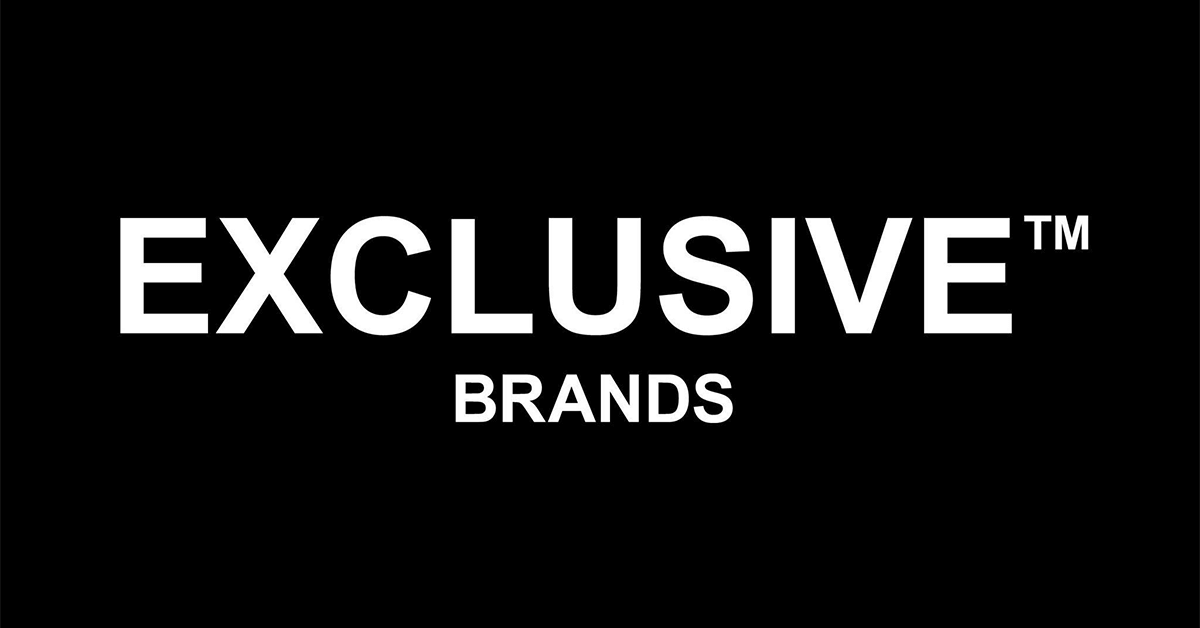Michigan Communities Unanimously Reject Marijuana Dispensary Proposals

In the latest round of voting, the citizens of four Michigan communities were faced with a decision that could reshape the local landscape of cannabis commerce. The ballot initiatives in Birmingham, Rochester, Keego Harbor, and Grosse Pointe Park were clear in their intent—to approve or deny the establishment of marijuana dispensaries within their jurisdictions.
The spotlight first turned to Birmingham, where voters weighed in on a proposal that would potentially permit one recreational and one medical marijuana store. However, the ballots tallied early in the counting showed a considerable skew towards the opposition. Just an hour after polls closed, those opposing the measure were leading by a notable margin—73 percent against to 26 percent in favor.
Rochester's proposal, which could have introduced up to three cannabis businesses, faced an even steeper uphill battle. Initial counts revealed a vast majority of 83 percent of voters against, compared to a mere 16 percent in support.
The scenario was marginally different in Keego Harbor, where the 'No' vote was ahead, but not as dominantly, showing a 53 to 46 percent split with all precincts reporting. In Grosse Pointe Park, two-thirds of voters sided with the 'No' camp, leaving one-third advocating for the change.
The reluctance to embrace cannabis establishments is not new in Michigan. Since the legalization of adult-use marijuana nearly half a decade ago, a significant number of municipalities have opted out of hosting such businesses. Despite this trend, state data indicates a slow but persistent increase in the number of localities that are opening their doors to the marijuana market.
The stakes of these decisions are not trivial. Municipalities that permit marijuana businesses stand to gain financially from the industry's revenue. In the previous year, the state dispensed approximately $60 million among participating local governments. With marijuana sales in Michigan projected to surpass the $3 billion mark this year, the economic implications are considerable. Small cities like the ones casting votes could see an estimated $200,000 in tax benefits.
In Rochester, a measure prompted by an independent group from Ingham County suggested a shift in the city's stance on cannabis, only to be resoundingly defeated. This group, having ushered in the ballot initiative, would also have had a say in the intricacies of the operations within Rochester.
When the final votes were in, the message from the three Oakland County communities—Birmingham, Keego Harbor, and Rochester—was unequivocal. Along with Grosse Pointe Park, all four rejected the possibility of marijuana retailers setting up shop. In Rochester, the drive to overturn a ban on cannabis sales was not only unsuccessful but decisively so, with roughly 90 percent opposition on both related ballot questions.
Birmingham's city council faced a similar rebuttal, albeit with a narrower margin of 73.6 percent against the proposal. The council had hoped to preempt efforts by pro-marijuana groups to amend the city charter, which would have constrained the city's regulatory control over the industry.
Keego Harbor presented its voters with a trio of cannabis-related measures, all of which were turned down. Proposals ranged from allowing retail shops to removing the existing ban entirely. The results, though closer than in other cities, still reflected a majority in opposition.
As these votes unfold, they serve as a bellwether for the evolving attitudes toward cannabis businesses in Michigan. While there is a clear movement towards acceptance in some quarters, the results from these four cities illustrate the complex and varied perspectives that exist within the state on the presence of marijuana dispensaries in local communities. The ongoing dialogue between economic incentives and community values continues to shape the landscape of cannabis legislation in Michigan.
Share this article:
Spotted a typo, grammatical error, or a factual inaccuracy? Let us know - we're committed to correcting errors swiftly and accurately!








 Helpful Links
Helpful Links